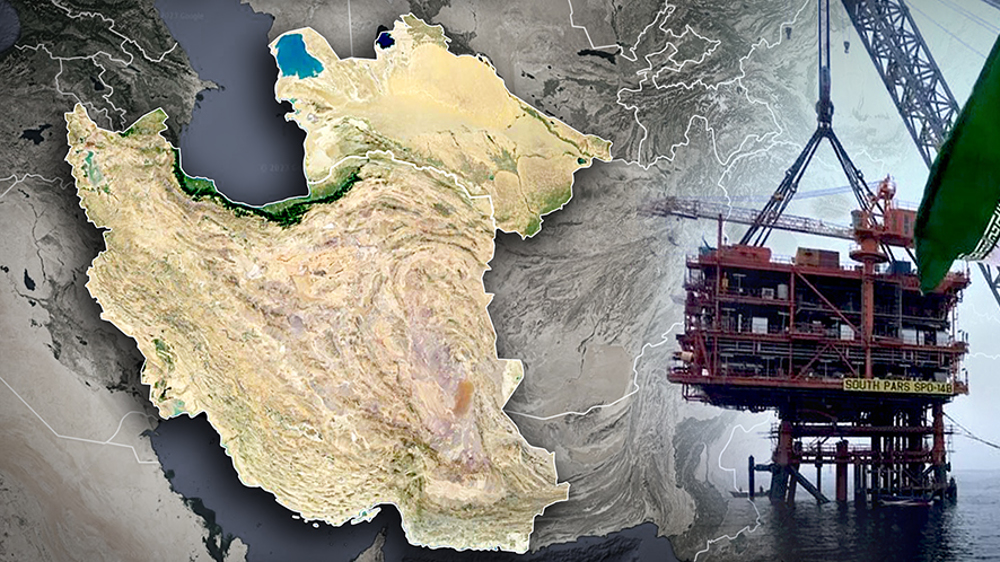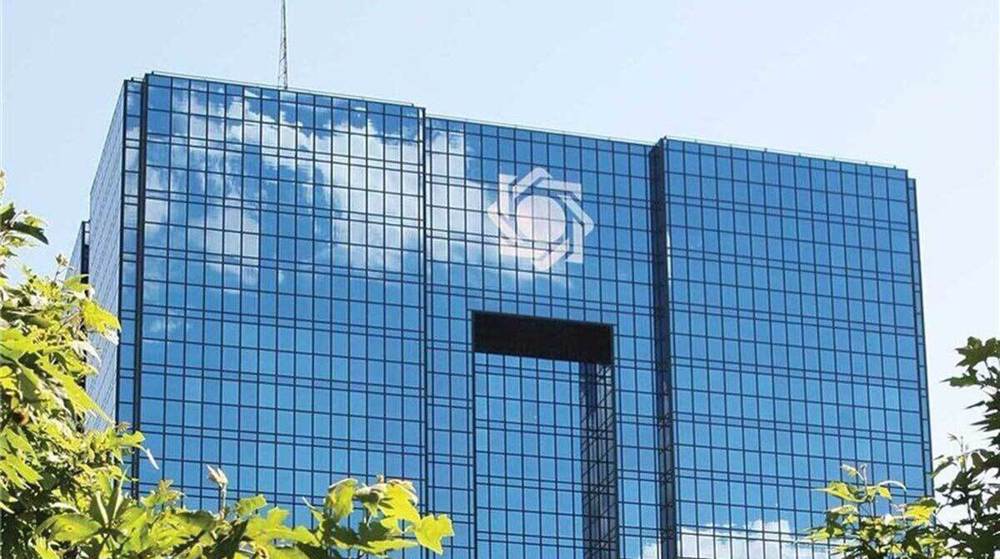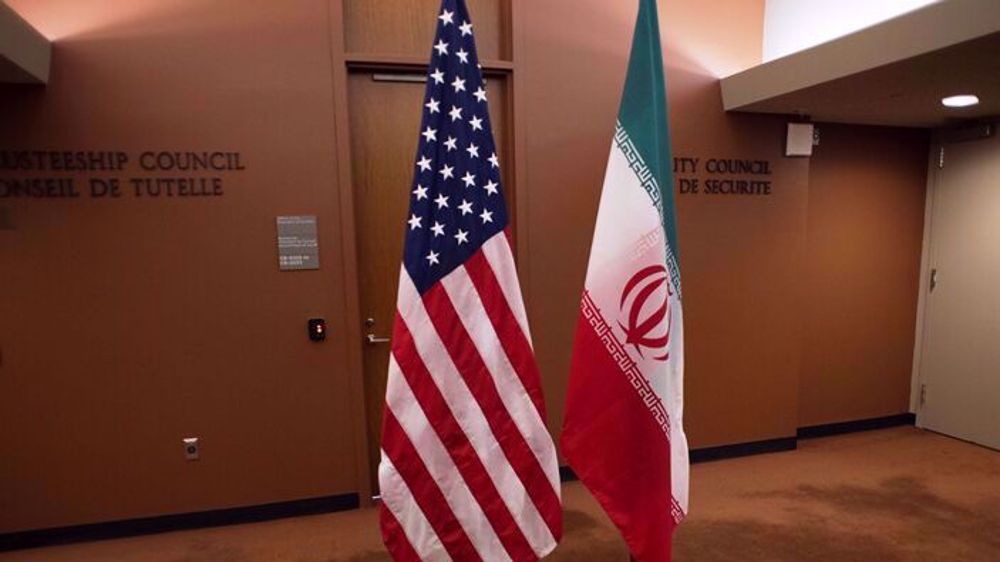Iran, Turkmenistan ties evolving into strategic partnership
Turkmenistan is the fourth destination of President Masoud Pezeshkian’s foreign trips after Iraq, the UN and Qatar, indicating the Central Asian nation’s priority in Iran’s foreign policy.
His first trip was to strengthen relations with Iran's western neighbor, the second trip was to participate in the United Nations General Assembly meeting, and the third for talks on the Axis of Resistance.
The president is in Ashgabat to participate in an event commemorating the 300th anniversary of the birth of 18th-century poet and scholar Magtymguly Pyragy who is revered both in Iran and Turkmenistan.
Speaking in Tehran before his departure Thursday, President Pezeshkian said Iran shares a long, secure, and peaceful border with Turkmenistan. He also touched on the International North-South Transport Corridor (INSTC), saying it will significantly benefit both nations.
The INSTC is a network of rail, ship and road routes to facilitate freight movement across India, Iran, Azerbaijan, Russia, Central Asia, and Europe.
The very important goals of the visit are the development of political and security relations and strengthening of geo-economic ties between the two neighbors.
The key element in geo-economic cooperation is Turkmenistan’s role in helping Iran become a gas hub in the region.
Strengthening ties with Turkmenistan has been among the priorities of Iran's foreign policy in recent years. Late President Ebrahim Raeisi visited Turkmenistan on his second foreign trip, putting an end to a hiatus during the term of his predecessor.
The relationship with Turkmenistan is important to Iran for several reasons: First, it is an immediate neighbor and neighbors are always a priority goal on Iran's foreign policy. Second, Turkmenistan is the only country in Iran’s neighborhood with almost no security threat. This is very important in a region fraught with constant tensions and geopolitical intricacies. Third, an evolving geo-economic interdependence in the field of energy, transportation and trade is making the two countries strategically aligned.
Last month, Turkmenistan’s National Leader Gurbanguly Berdimuhamedow paid a high-profile visit to Tehran where the two sides signed an important agreement to expand gas swap cooperation.
Iran sits on the world's second-largest natural gas reserves and is the world's third-largest producer of the fossil fuel, but rising domestic demand is curtailing its ability to export and the country faces natural gas shortages during the wintertime.
Turkmenistan, on the other hand, as one of the countries with large natural gas reserves in the world, is unable to directly ship its gas to world markets due to its geographic constraints. The country is strengthening its cooperation with Iran, which has a geographical advantage for transit and energy transfer to other countries.
In July, the two sides inked a contract for the delivery of 10 billion cubic meters of Turkmen natural gas per year, which Iran will then ship to Iraq. Turkmenistan’s foreign ministry said at the time that the country planned to increase its gas supplies to Iran to 40 billion cubic meters a year.
Currently, Iraq is in negotiations with Turkmenistan for gas imports, with Iran being at the center as a swap route.
There are similar potentials for transfer of Turkmen gas to Turkey and Pakistan, which shows the geo-economic capacities of Iran and Turkmenistan can be pursued at a higher and multilateral level beyond the North-South corridor.
The signing of the gas agreement is an important step towards strengthening Iran's energy independence and increasing economic integration with the neighboring countries, which can have positive effects on regional stability and development.
On the geopolitical front, Iran and Turkmenistan share common points most importantly with regard to Afghanistan, which is a neighbor of both countries, and how to interact with its current Taliban rulers.
Turkmenistan’s significance as a trade partner is also undisputed given its position for Iran’s access and entry into the Central Asian market.
Central Asia has rich natural resources such as oil, gas, coal and all kinds of minerals and Iran is as an important transit hub for sending them to the global markets.
Close economic relations with Central Asian countries allow Iran to diversify its sources of income and ensure stable access to raw materials.
Moreover, Iran sees Central Asia as a promising market for its goods and services where the development of trade and investment can boost economic growth in the region.
Currently, Iran is a member of important cooperation frameworks such as the Shanghai Cooperation Organization, the BRICS group of emerging economies, and an observing member of the Eurasian Economic Union which includes Central Asian countries.
Their cooperation includes such important economic projects as the International North-South Corridor and the multi-trillion dollar One Belt, One Road Initiative.
These projects are an ambitious collaborative effort for regional economic integration which can usher in a new multipolar world order.
Saudi man arrested after deadly car attack on German Christmas market
French troops begin departure from Chad
VIDEO | Amman protest denounces Arab states’ silence on Israeli crimes
US drops $10 million bounty on leader of HTS militants
Suspected car attack on German Christmas market injures up to 80
Ukraine to cede territory despite US support: Report
US 'bolstered' armed groups to oust Assad in Syria: Report
VIDEO | Social media activists detained in Beirut










 This makes it easy to access the Press TV website
This makes it easy to access the Press TV website